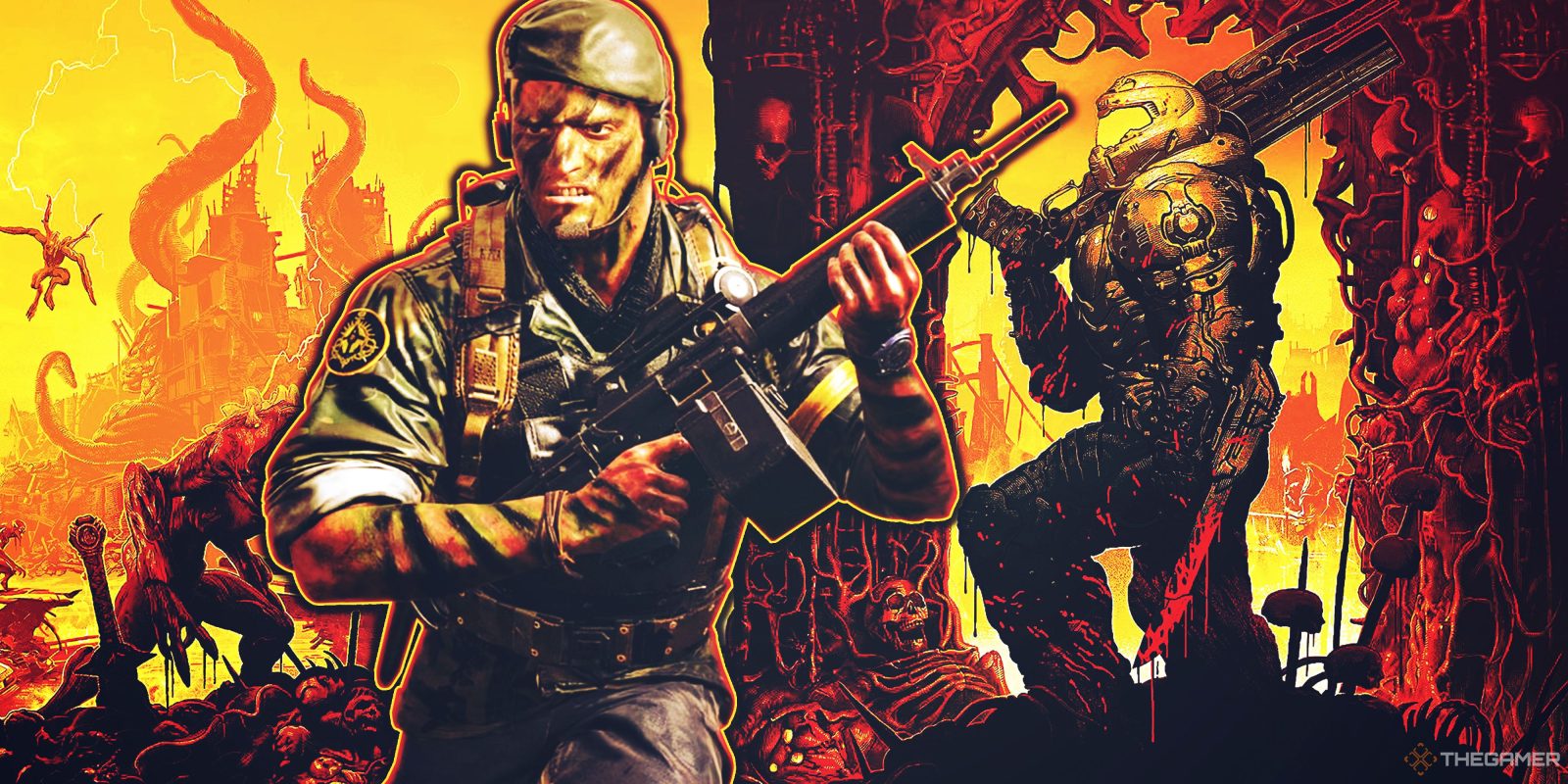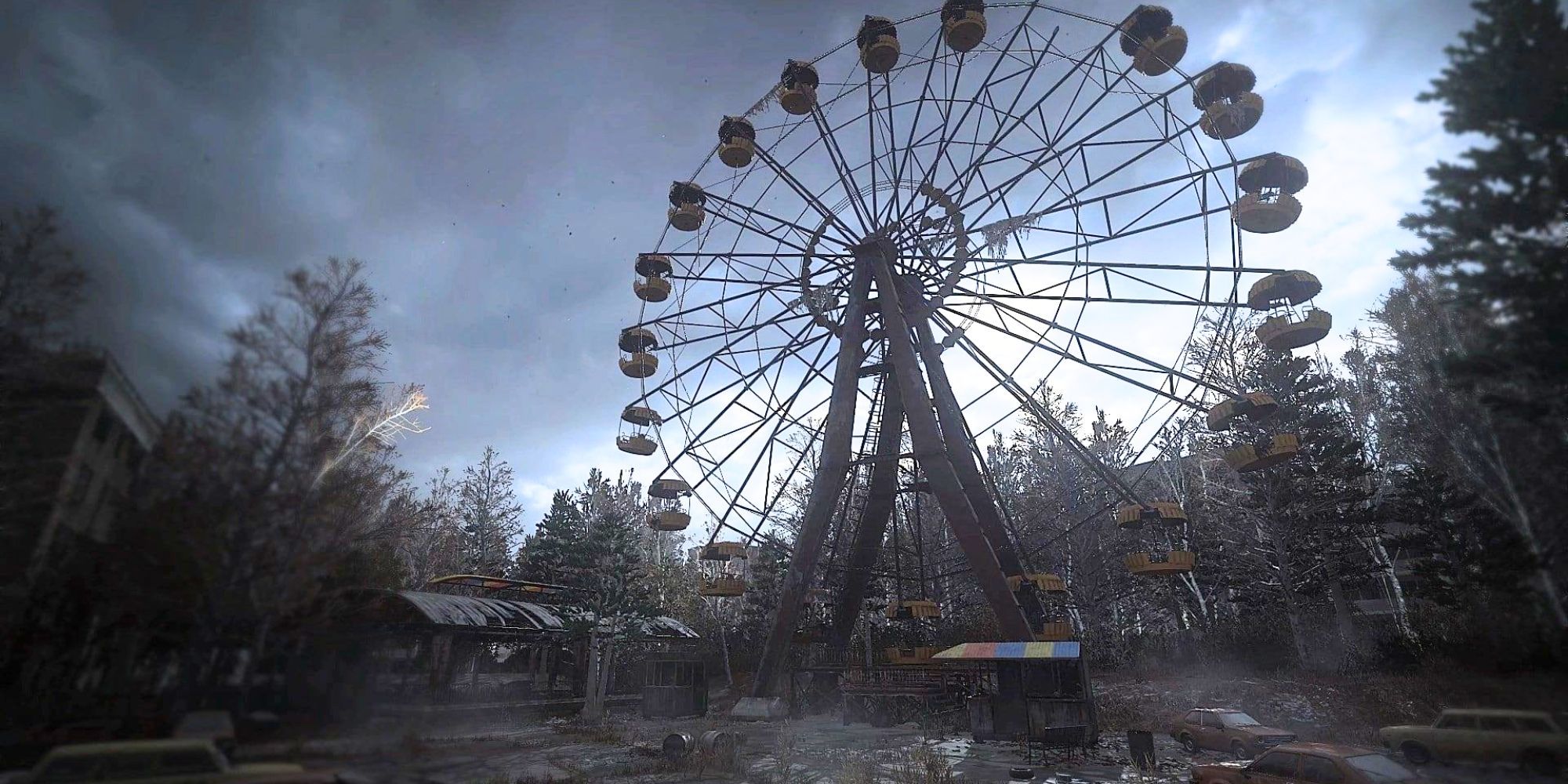Call of Duty: Black Ops 6 has been an exciting release for me. Not because I’m a Call of Duty fan, though. While I’ve played most of the series’ campaigns, and have periodically checked in with multiplayer and Zombies since high school, I don’t count myself among the hordes of fervent day one buyers. If there’s good buzz around a COD, I pick it up. If not, I might borrow it from the library a few months down the road.
But Black Ops 6 is good. So good in fact that it illuminates major problems with the current state of the triple-A games industry. And that’s because, from a structural perspective, it doesn’t do anything new. After all, we’ve been getting new COD games with the same campaign, multiplayer, and Zombies modes since 2008.
Not every year, to be clear. Though Zombies was introduced with World of War, it took several years to become a series mainstay. Additionally, Black Ops 4 featured Zombies, but had no traditional campaign.
The Death Of The Swiss Army Knife FPS
No, Black Ops 6 isn’t special because it’s an innovator. It’s special because it’s the latest example of Call of Duty carrying the torch for a model of game release that just doesn’t exist anymore. Call of Duty has been a swiss army knife since the beginning, with the original 2003 game boasting single and multiplayer modes.
Even at the time, that wasn’t unique. Doom, Quake, Goldeneye 007, Halo, Medal of Honor — typically, the early shooter series had both. Throughout the 2000s, that remained the case. Developers invested in multiplayer modes to entice players to hold onto their games long-term, instead of reselling them and allowing another player to buy a used copy that wouldn’t monetarily benefit the studio.
This changed in the 2010s, as single-player and multiplayer stratified. Titanfall launched without a campaign in 2014, which was seen as a major misstep, and the sequel righted the ship by including one. But the success of Overwatch proved that players would pay full price for a game with no campaign. Multiplayer games were now expected to be supported frequently and long-term, which made them bigger resource sinks. Live service changed how annual multiplayer releases worked forever.
For single-player devs, physical sales mattered less as the prominence of digital storefronts increased and losing sales to GameStop became less of a threat. From then on, single-player games were single-player games, multiplayer games were multiplayer games, and the two groups rarely mixed.
The biggest multiplayer games to emerge in the last decade — Fortnite, PUBG, Among Us, Apex Legends, Valorant — had no single-player component. And the biggest single-player games to launch in that same time frame — Spider-Man, God of War, The Last of Us Part 2, The Witcher 3, Cyberpunk 2077 — had no multiplayer component. The Last of Us Part 2 and Cyberpunk both were announced with multiplayer plans that were eventually scrapped.
Why Do Everything When You Can Do One Thing Really Well?
As single-player and multiplayer separated, first-person shooters largely followed the multiplayer trajectory. The biggest FPS games to launch in the last decade are among the multiplayer heavy-hitters I mentioned above: Overwatch, Apex Legends, and Valorant.
While the biggest single-player games aren’t first-person shooters, they’re third-person action-adventure games. The FPS games that attempted to do both, like Halo Infinite and Doom Eternal, tended to be weaker for it. Infinite struggled to maintain a consistent update cadence, and Doom’s multiplayer was a bit of a non-entity that most players ignored in favor of the strong single-player campaign.
You can see the divide in Respawn’s post-Titanfall 2 output. The studio either makes single-player third-person action games (Star Wars Jedi) or multiplayer first-person shooters (Apex). There’s no overlap.
Eight years after Overwatch, we’ve reached the point where Call of Duty is the only series attempting to offer both single-player and multiplayer on a regular basis. Through Warzone, the series has its own live-service game, true. But annual all-in-one releases like Black Ops 6 are what I look to the series for. When most other developers have moved on, the teams that make Call of Duty are still offering single-player and multiplayer in one package. And, most importantly, on a regular basis.

Next
What Happened To All The Single-Player Shooters?
We get a new COD campaign every year, but where are the other single-player FPS games?













Leave a Reply